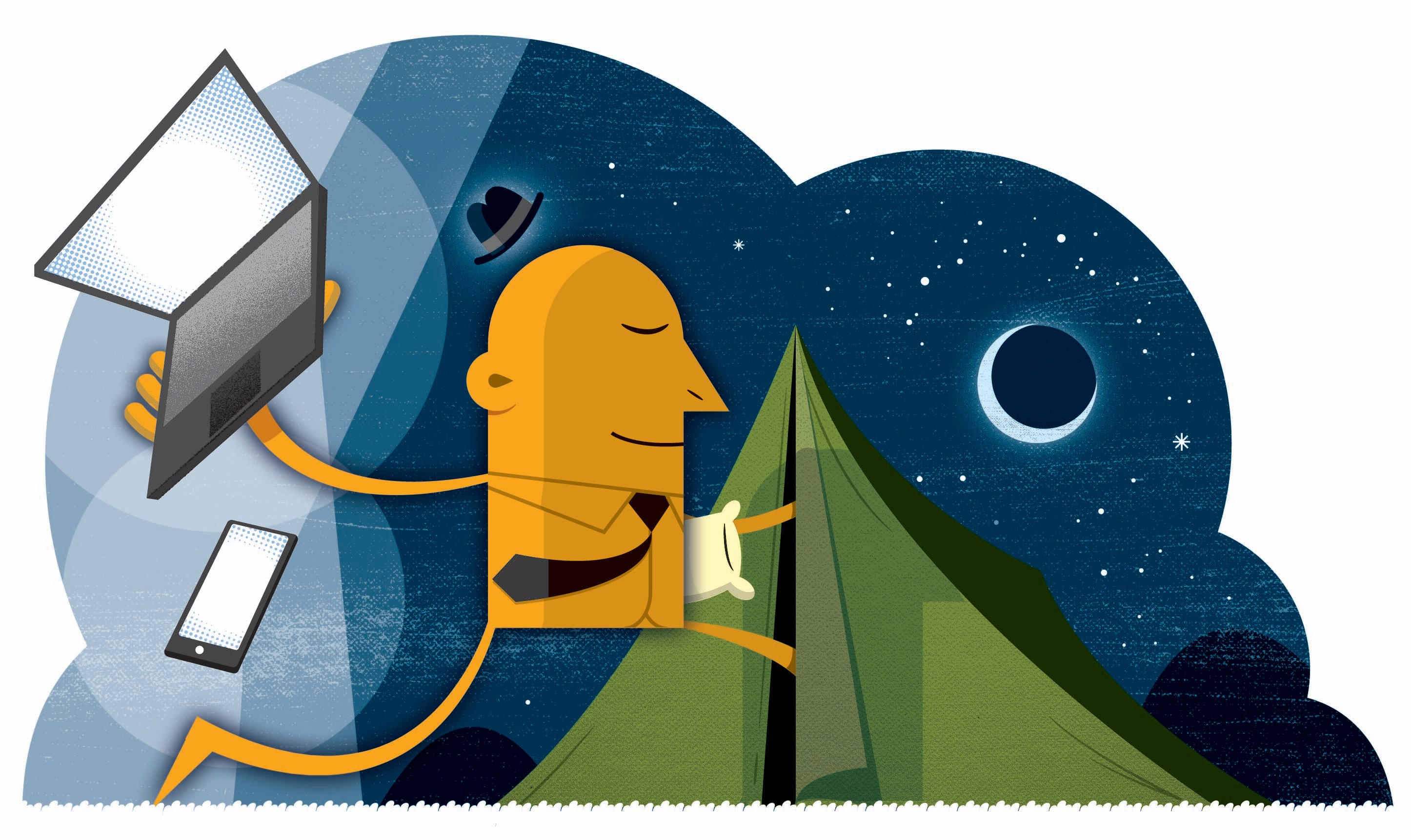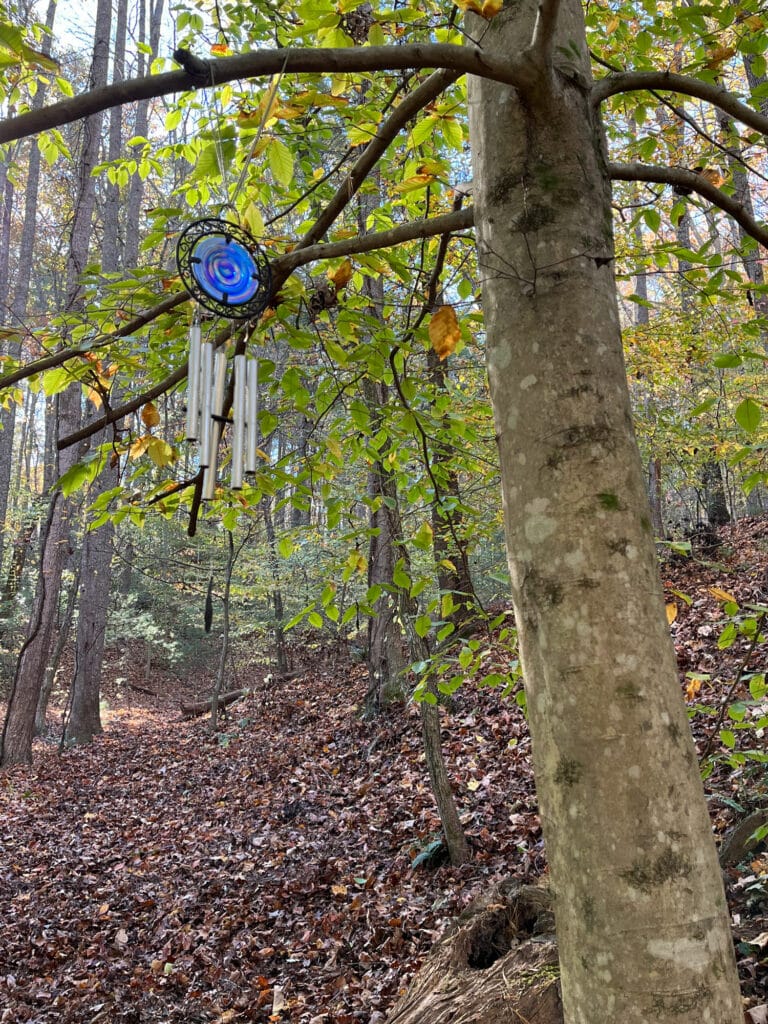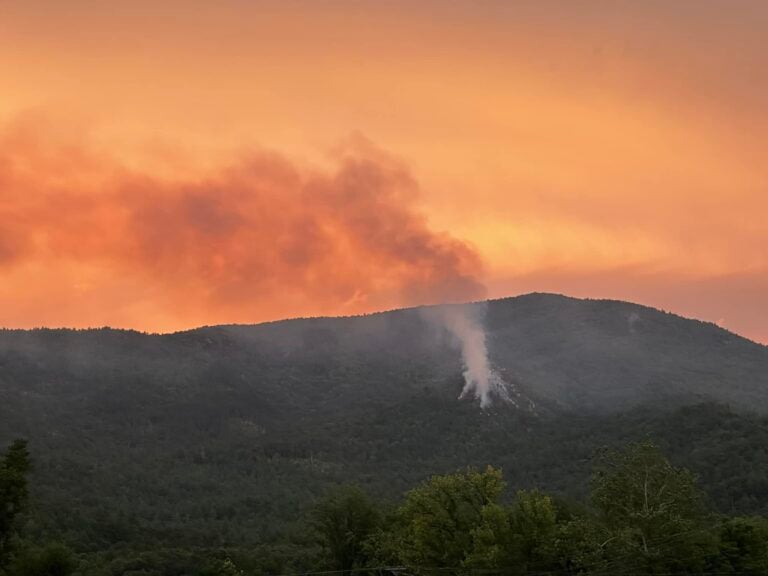The United State of America: Land of the free, home of the really freaking tired. According to the National Sleep Foundation, 74 percent of Americans experience some sort of sleep problem at least three nights a week, and 29 percent said they had fallen asleep at work within the last month.
Not getting enough sleep has been linked to an increase in hypertension, obesity, heart attacks, fevers, and even premature death. A 2010 Penn State study found that people who log less than six hours a night of sleep are four times more likely to die prematurely of any cause than those who slept longer. Meanwhile, Americans are sleeping less and less each year. According to the most recent Sleep Foundation poll, we log an average 6:40 of sleep a night.
“We’re not sleeping as much as we used to, and it’s rapidly becoming a public health concern,” says Dr. Chris Winter, the director of the Martha Jefferson Sleep Medicine Center in Charlottesville, Va. “Most people think about sleep as the absence of wakefulness. But sleep is an entirely separate process where lots of very important things are happening. If you’re not getting deep sleep, you’re not spiking that growth hormone which affects muscle growth, your immune system, everything that goes into well-being.”
Recent studies at Stanford University suggest extra sleep can dramatically improve athletic performance. Increasing sleep above eight hours a night for six weeks led to faster sprint times and quicker reaction times while improving the athlete’s sense of well-being.
“I think within the next several years, sleep will follow the path of sports nutrition,” says Winter, who consults with a number of professional athletes. “In 2020, every team will consult with a sleep specialist. Every athlete will consider sleep a part of their training.”
Many of the teams that Winter works with already employ “sleep extension” practices with injured athletes. The quantity and quality of sleep affects growth hormone and insulin levels, which improve recovery times.
“If we improve athletes’ sleep, and they run faster or make more free throws, we can say to the rest of the world, ‘look at what an impact this can have on your quality of life,’” says Winter.
By the Numbers
6:40 Hours of sleep the average American adult gets per night, according to the Sleep Foundation annual poll.
10:00 Hours of sleep Stanford students got nightly for six weeks during the sleep studies in 2009, showing impressive athletic gains in the process.








